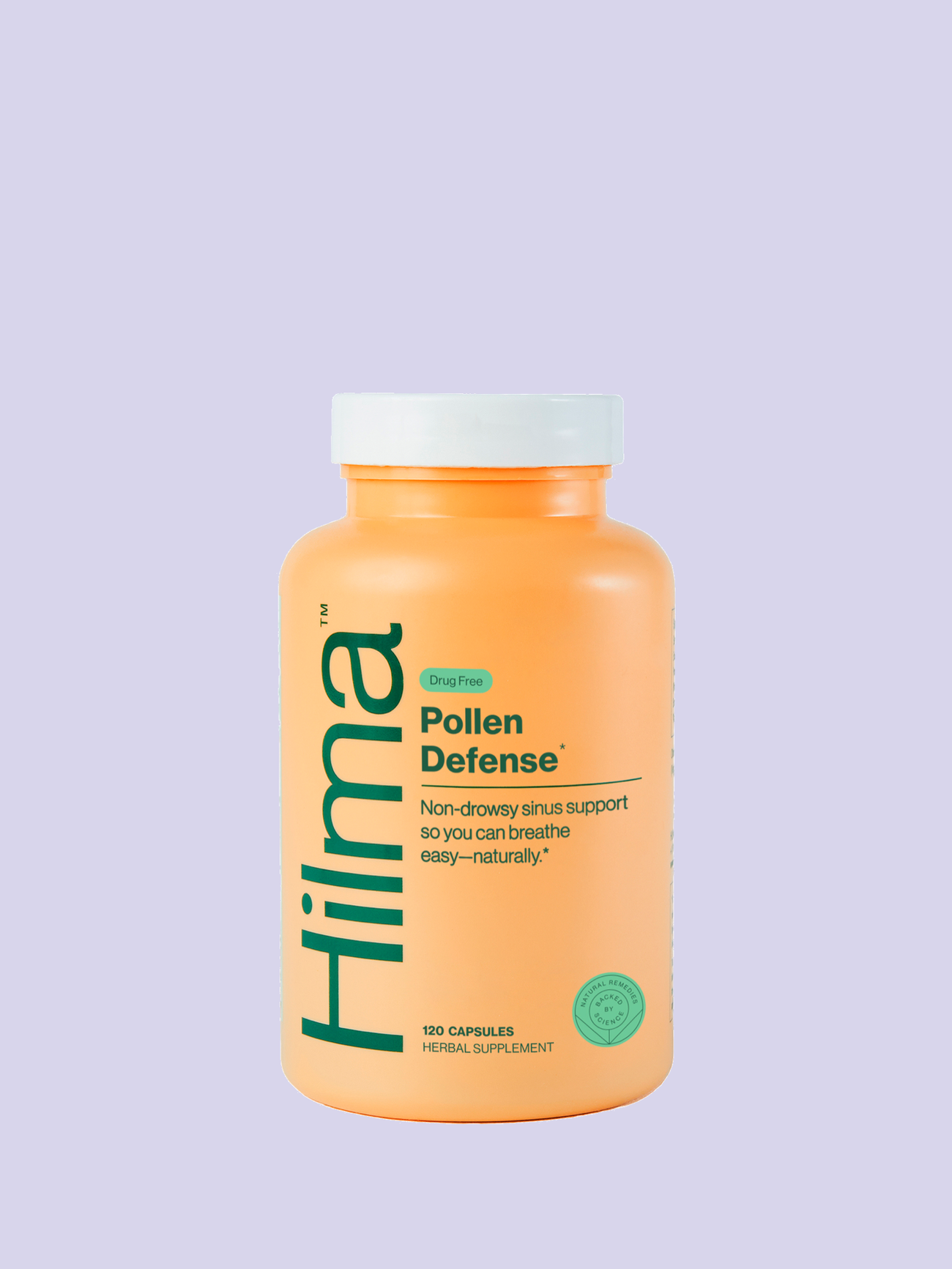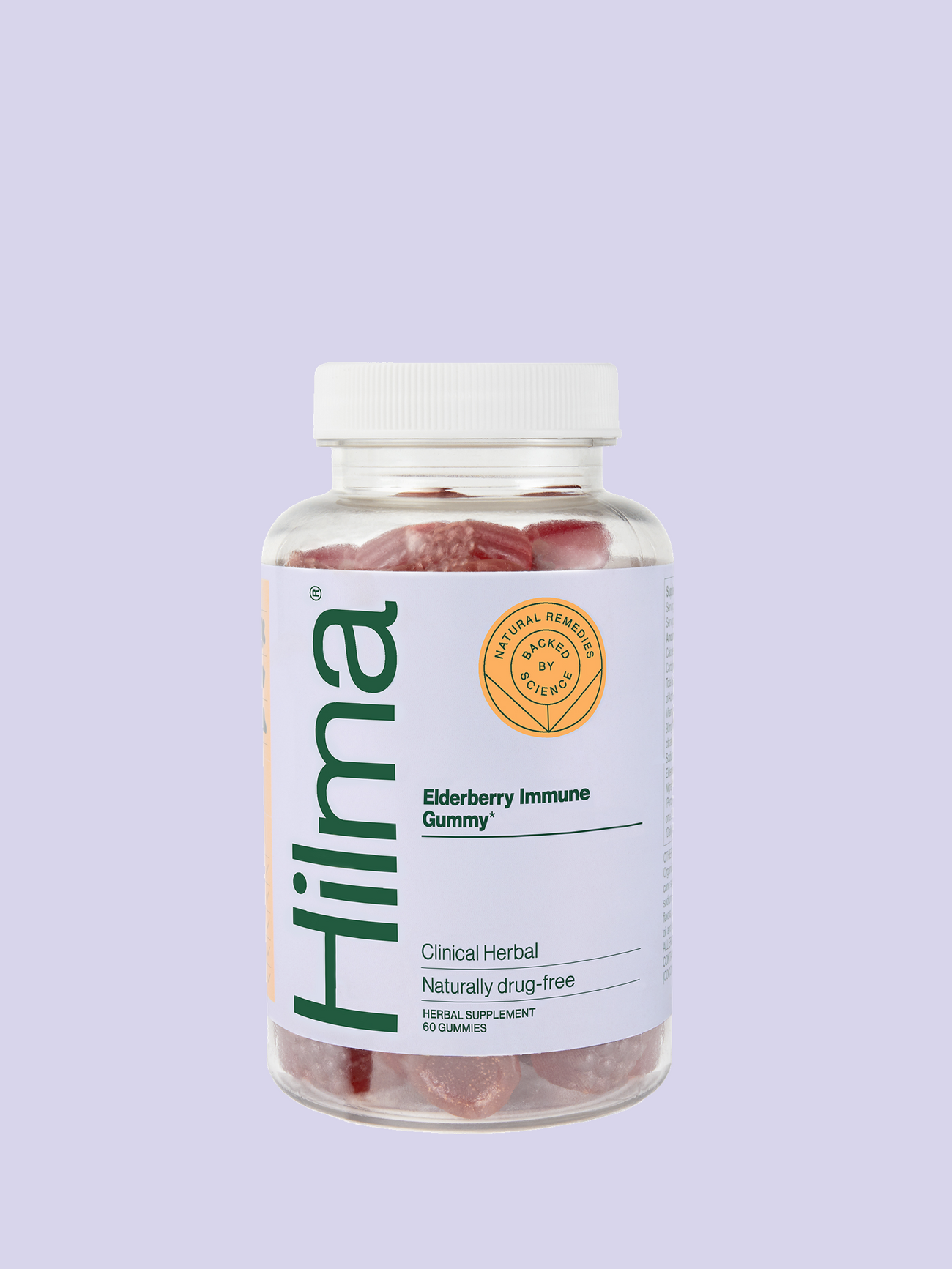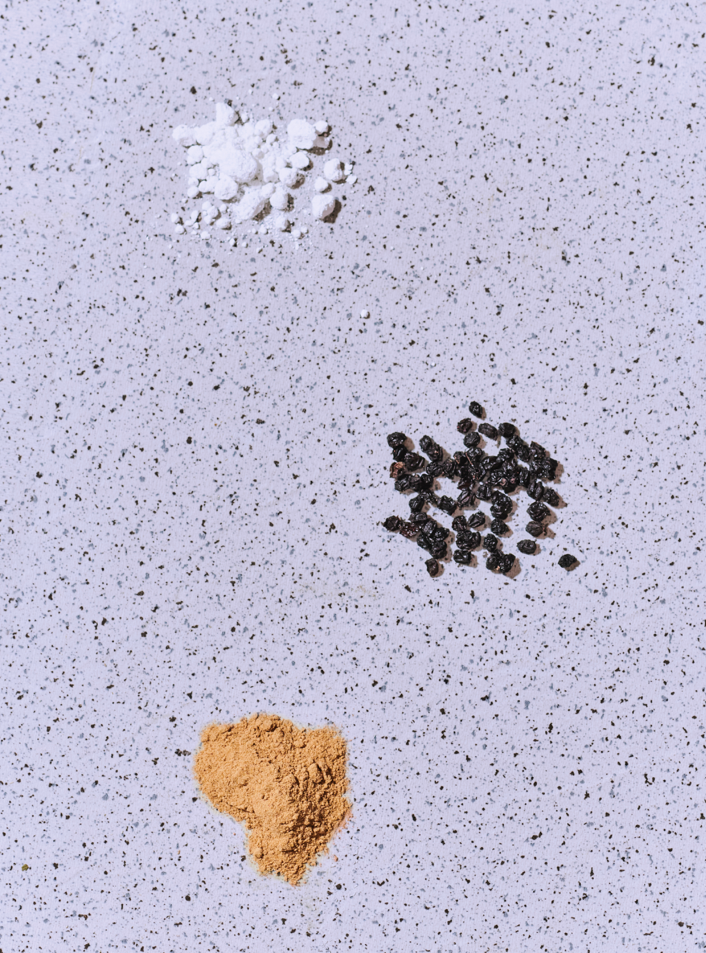
As the seasons transition, many individuals find themselves grappling with the unwelcome arrival of allergy symptoms. The key to managing and reducing these symptoms lies in a proactive approach that involves both prevention and mitigation. In this blog post, we will delve into the strategies that can help you recognize and address your allergic triggers, offering practical steps to implement well before and during allergy season. By being mindful of self-care practices and treatment options, you can significantly alleviate the impact of allergies on your daily life.
What is the importance of prevention and mitigation?
Allergy symptom reduction is a multifaceted process that encompasses both prevention and mitigation. Prevention involves identifying and addressing potential allergic triggers well in advance, while mitigation focuses on managing symptoms effectively during allergy season. By combining these two approaches, individuals can create a comprehensive strategy to minimize the impact of allergies on their overall well-being.
1. Recognizing Allergic Triggers
The first step in allergy symptom reduction is to identify your specific allergic triggers. Common triggers include pollen, dust mites, pet dander, mold spores, and certain foods. Keeping a detailed record of your symptoms and potential exposure to allergens can help pinpoint specific triggers. Additionally, consulting with an allergist can provide valuable insights through allergy testing, allowing for a more accurate identification of the substances triggering your allergic reactions.
2. Implementing Pre-Season Precautions
Once allergic triggers are identified, implementing preventive measures well before allergy season is crucial. For outdoor allergens like pollen, keeping windows closed, using air purifiers, and regularly cleaning and changing air filters can help reduce exposure. Indoors, minimizing dust mites by using allergen-proof bedding, vacuuming regularly, and maintaining low humidity levels can be effective preventive measures.
3. Incorporating Lifestyle Changes
Making lifestyle adjustments can also contribute to allergy symptom reduction. For example, avoiding outdoor activities during peak pollen times, wearing sunglasses to protect your eyes, and changing clothes after spending time outdoors can minimize exposure. Additionally, choosing allergy-friendly plants for your garden and grooming pets regularly can further decrease the likelihood of allergic reactions.
4. Thoughtful Self-Care During Allergy Season
As allergy season unfolds, maintaining a proactive self-care routine becomes paramount. Staying informed about daily pollen counts and planning outdoor activities accordingly can help you avoid peak exposure times. Furthermore, practicing good hygiene, such as washing your hands and face after being outdoors, can prevent allergens from lingering on your skin and exacerbating symptoms.
5. Treatment Options for Allergy Mitigation
In addition to preventive measures, various treatment options are available for mitigating allergy symptoms. Over-the-counter antihistamines can help alleviate common symptoms like sneezing, runny nose, and itching. Nasal corticosteroids and decongestants may also be recommended for more severe symptoms. However, it's essential to consult with a healthcare professional to determine the most suitable treatment plan for your specific allergies and medical history.
Are there natural but effective ways to treat allergy symptoms?
For those seeking a natural and non-drowsy approach to allergy symptom reduction, consider incorporating our Indoor/Outdoor Support into your routine. Crafted with four powerful natural ingredients – nettles, butterbur (PA free), spirulina, and tinospora – Hilma offers a holistic solution for supporting healthy sinus passages and defending against pollen and dust. It also has no dyes, fillers, or mystery ingredients, providing a transparent and reliable option for individuals looking to alleviate allergy symptoms naturally. Since it’s important to start preparing for allergy season before it starts, you should start taking Indoor/Outdoor Support leading up to and during allergy season to get the best results.
How can you build immune resilience?
In addition to external measures, building immune resilience can play a crucial role in reducing allergy symptoms. Maintaining a healthy diet rich in antioxidants, vitamins, and minerals can support overall immune function. Regular exercise, adequate sleep, and stress management are also essential components of a well-rounded approach to immune health.
When should you consult with healthcare professionals?
For individuals with persistent or severe allergy symptoms, consulting with healthcare professionals is paramount. Allergists can conduct comprehensive testing to identify specific triggers and tailor treatment plans accordingly. In some cases, immunotherapy may be recommended, offering long-term relief by desensitizing the immune system to specific allergens.
Is it important to know when pollen is going to be worse?
Allergy triggers and seasons can vary, making it crucial to stay informed and adaptive in your approach to symptom reduction. Regularly checking pollen forecasts, staying updated on seasonal changes, and adjusting preventive measures accordingly can significantly enhance your ability to manage allergies effectively.
In conclusion, allergy symptom reduction is a dynamic process that requires a combination of prevention and mitigation strategies. By identifying specific allergic triggers, implementing pre-season precautions, incorporating lifestyle changes, and adopting a proactive self-care routine, individuals can minimize the impact of allergies on their daily lives. Treatment options, including natural solutions like Indoor/Outdoor Support, can further enhance symptom relief. Building immune resilience, consulting with healthcare professionals, and staying informed and adaptive complete the comprehensive approach to allergy management. By taking these steps, you empower yourself to navigate allergy seasons with greater ease, allowing you to enjoy the beauty of each changing season without the burden of persistent allergic symptoms.




